The Conservatory of Mexican Gastronomic Culture is a civil organization whose main purpose is the preservation, rescue, safeguarding and promotion of uses, customs, products, cultural practices and knowledge that constitute the common trunk that defines traditional Mexican cuisine.
At the same time, it promotes the expression of innovative currents that guarantee the continuity of this culinary heritage with its own identity and unique character in order to ensure its transmission to future generations.
“Mexican cuisine, our legacy to the world”
The CCGM develops programs, projects and actions aimed at:
Rescue, safeguarding and protection of the food system as a fundamental part of the country’s cultural heritage, as well as its socio-economic development.
To value traditional kitchens as an expression of historical continuity through the culinary legacy that functions as the vertebrator of customs and as the axis of community and social cohesion.
Encourage innovative expressions and trends that allow the advancement of an ancient gastronomy with great potential for expansion and future development, inspired by the sustainable management of natural resources and the creativity of traditional cooks and all those involved in the affirmation and dissemination of Mexican cuisine. Create mechanisms for transmitting information on the productive chain that intervenes in the preservation of local and regional cuisines of Mexican cuisine and integration of knowledge about it in a way that allows to see cultural heritage as a fundamental resource for the advancement of the country.
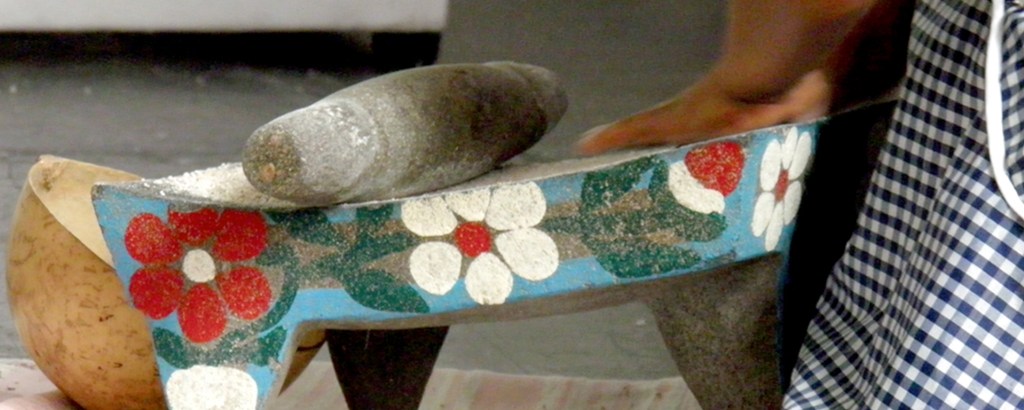
FUNCTIONS
Promote currents inspired by tradition and the sustainable management of natural resources. Disseminate research and studies on food issues, especially those aimed at strengthening sustainable development and protecting Cultural Heritage.
Transmit knowledge, knowledge and information through the education system, government institutions and civil society organizations related to gastronomy.
Organize congresses, seminars and other didactic and informative activities related to food producers, kitchen professionals, traditional cooks, restaurateurs, specialists in the tourism sector, health and economic development.
Encourage the creation of certifications for establishments, products, culinary specialties and practices that adhere to the criteria that promote the Mexican diet.
Advise the creation of organizations, franchises and establishments adhering to the criteria of safeguarding traditional Mexican cuisine.
Promote access to information networks that link to similar institutions that seek the promotion of regional kitchens with the consumption of local products.
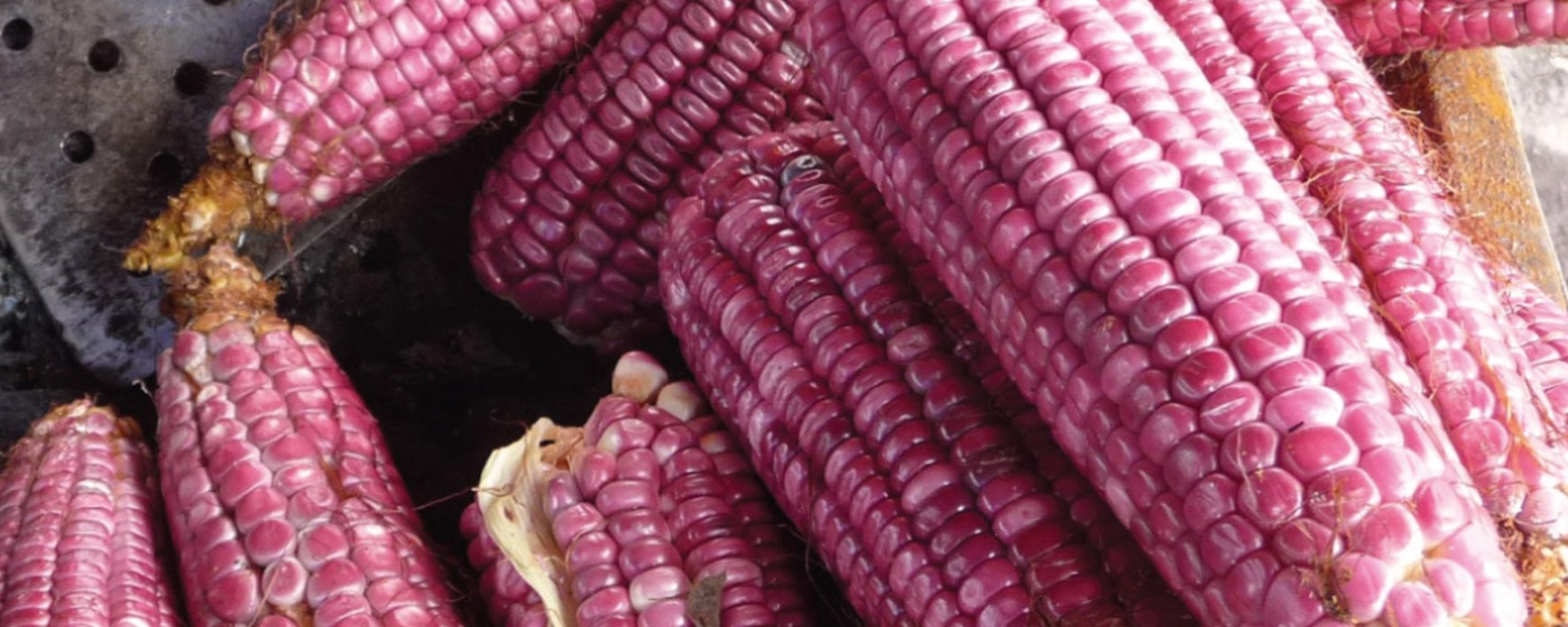
LINES OF ACTION
Academic
Orient research, education and experimentation towards conservation and innovation approaches. The new disciplines should reinforce the relationship between gastronomy and the economy, the sciences of agriculture, biodiversity and the promotion of crops, the protection of traditional modes of agricultural production and the preparation of food.
Didactic and productive
Encourage the creation of the Mexican Food Houses inside and outside the national territory. Through these establishments it is called: traditional cooks, mayoras, chefs, students, for the delivery of practical and theoretical courses, samples, elaboration of artisan foods, provision of gastronomic services and consultancies. The Houses of the Mexican Food, in accordance with the constitutive statute, are also a space that reveals the relationships of food with other artistic and artisanal expressions.
Promotion and dissemination
Through events promoted by the Conservatory aimed at assessing this expression of Cultural Heritage; of support for actions that strengthen Mexican cuisine in its different regional manifestations; of the publication of specialized material and the creation of a Virtual Documentation Center that will be a source of documentary and bibliographic consultation and a communication network among those interested in the subject.
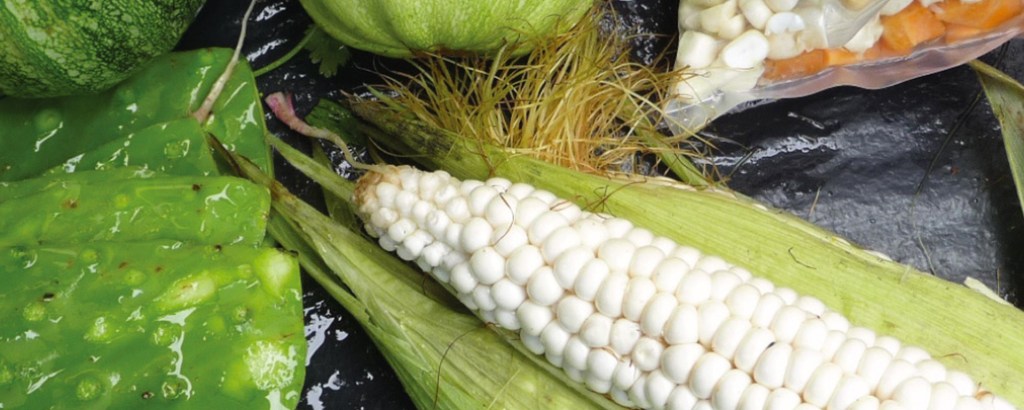
DIRECTORY
CEO
Gloria López Morales
Chairwoman
Advisory Board
Group of vowels
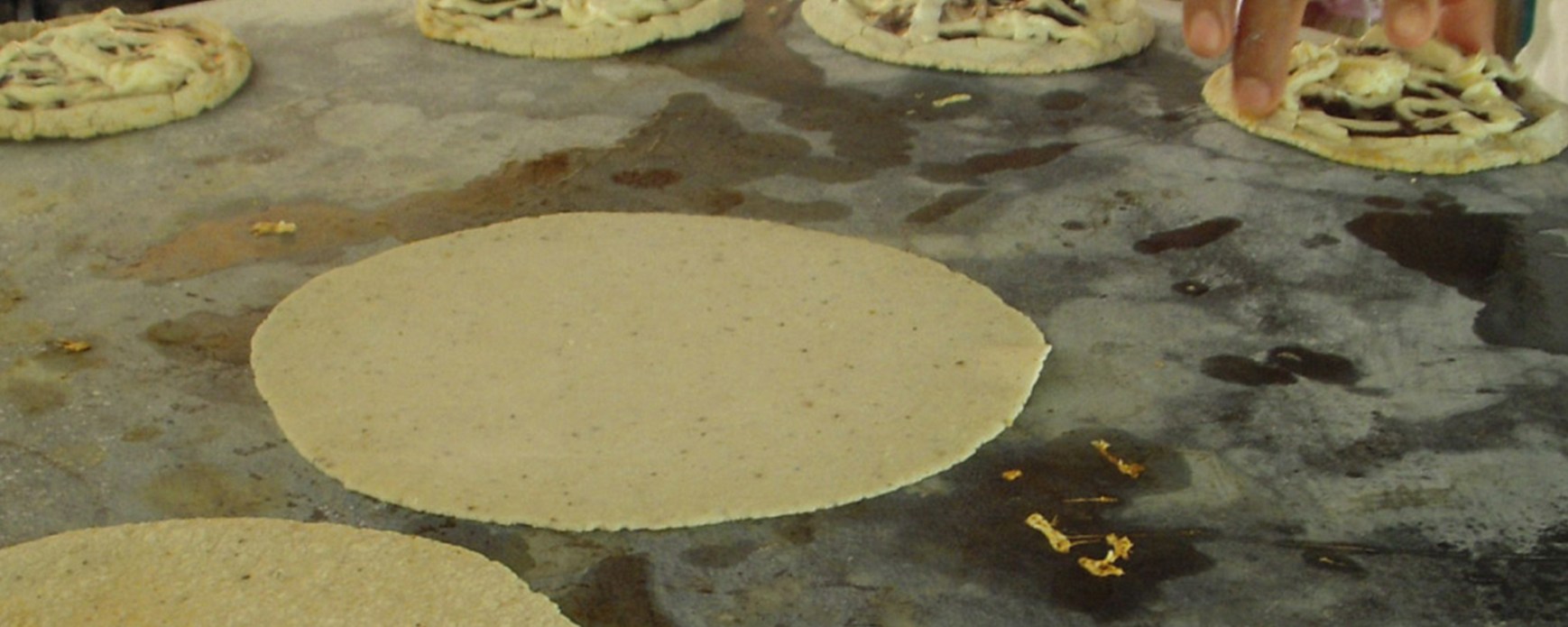
1. The Traditional Mexican Cuisine became part of the Representative List of the Intangible Cultural Heritage of UNESCO in accordance with the Resolution approved by the corresponding Intergovernmental Commission in its session in Nairobi, Kenya, on November 16, 2010.
2. The file that supported the candidacy was presented by the Mexican Government through the INAH, the Conalmex and the Ministry of Foreign Affairs, and its elaboration was in charge of the Conservatory of the Mexican Gastronomic Culture, adhering to the provisions of the Convention for the Safeguard of the Intangible Cultural Heritage subscribed and ratified by our country. The Convention includes, among other considerations, the recognition that the processes of globalization and social transformation on the one hand create the conditions for a renewed dialogue between cultures but, on the other, also bring with it serious risks of deterioration, disappearance and destruction of the intangible cultural heritage, which is none other than the living heritage and way of life of the people and that lies in them the survival and development of cultural diversity that enriches the world.
The Convention is a binding normative instrument that binds the governments that subscribe to it. In this case, it is about rescuing, safeguarding and promoting a patrimonial asset that we call: “Traditional Mexican Cuisine: Ancestral, Community and Current Culture: The Paradigm of Michoacán”
3. It is necessary to emphasize the fact that the traditional Mexican cuisine was the object of registration. However, for technical reasons, the form required to present a case study on specific actions taken in favor of preserving the culinary heritage of a locality. It also required the signed testimony of the direct involvement of the cooks at a collective and individual level as bearers of the traditions that are intended to be put under the safeguard measures. In this sense, the program of Cocineras de Michoacán, developed over the last seven years and proposed as a model to adapt it to the rest of the country, was proposed as an example.
4. In the case of Traditional Mexican Cuisine, the fulfillment of some essential criteria from the perspective of the Convention was decisive. By virtue of this it is required that the inscribed element has been transmitted as an inheritance through the generations, from ancient times and that it remains in force; that represents a fundamental factor of cultural identity and social cohesion, that contributes to the development of the community and its dialogue with the rest of the social groups. Mexican cuisine responds promptly to such principles.
5. Once the registration of the cultural property is achieved, the State Party undertakes to adopt the necessary measures to guarantee the safeguarding of the Cultural Heritage concerned through an action plan that includes rescue, safeguard and promotion measures, according to a territorial plan that foresees programs for the transmission of knowledge, training, the adaptation of educational plans, innovation and the insertion in local, state and national circuits of practices that strengthen the bearers of the culinary traditions from which all Mexican cuisine derives nowadays. It is above all the preservation of the roots on which the whole building of the rich Mexican gastronomy is based.
6. The Mexican government has to design policies to support the production of food, to create conditions for community cooks to turn their activity into a decent way of life that makes them part of the local and regional development processes , so that the Mexican cuisine and all the productive chain that sustains it becomes a decisive factor in the creation of wealth for the benefit of the country, as well as in a fundamental element in the cultural and tourist image that from this diffuses outwards . It is also up to the Mexican government to create the appropriate educational plans to place the national kitchen at the priority level it deserves in relation to nutrition and health problems and the need to rediscover the food balance that prevents the serious obesity problems that the population suffers at the national level.
7. For its part, civil society – through its organizations and the business and productive sectors – in agreement with UNESCO must play a fundamental role in the implementation of the Convention. It is up to him, for example, to help raise awareness about the need to preserve heritage assets and to strengthen the capacities of the bearers of traditions and knowledge. The participation of communities, groups and individuals in the transmission of heritage and the values it entails have an irreplaceable strategic value, particularly in the case of food customs seen as a cultural system of their own.
8. The recognition of Traditional Mexican Cuisine as World Heritage marks an unprecedented event in the annals of UNESCO because it responds to the acceptance of a cultural system, in all its complexity, as an implicit demonstration that heritage sustains life the same in its broadest sense and serves as an amalgam of the collective life of a community and as its most solid identity identifier. The kitchen as living and invigorating heritage of Mexicans deserves all our care and protection to achieve its greatest flowering in the future. To this the honor received commits us.
9. With some members of the Conservatory, which is a consultative organism of UNESCO, a group of kitchen professionals traveled to Nairobi, who was in charge of presenting a Mexican gastronomic week to the astonished palates of the UNESCO meeting and the local public. To thank one for one is what comes because their talent and effort contributed to give substance to a heritage that could not be tasted through a ceremony and lines written on paper. The menu that records the historical moment remains as testimony. Let us add that at the time of the proclamation, a group of cooks in their traditional garments cheered up the stern session room and that the acclamation was enthusiastic towards the Mexican delegation.
10. We want to highlight the important role of the SRE, INAH and Aserca / Sagarpa, whose official support was decisive in this mission. Also from all the Mexican food and beverage companies that believed in the project from the beginning and that work for the exaltation of Mexican cuisine. It was the sum of efforts that allowed us to see that we have a great talisman to aspire to a better future: our cultural heritage.
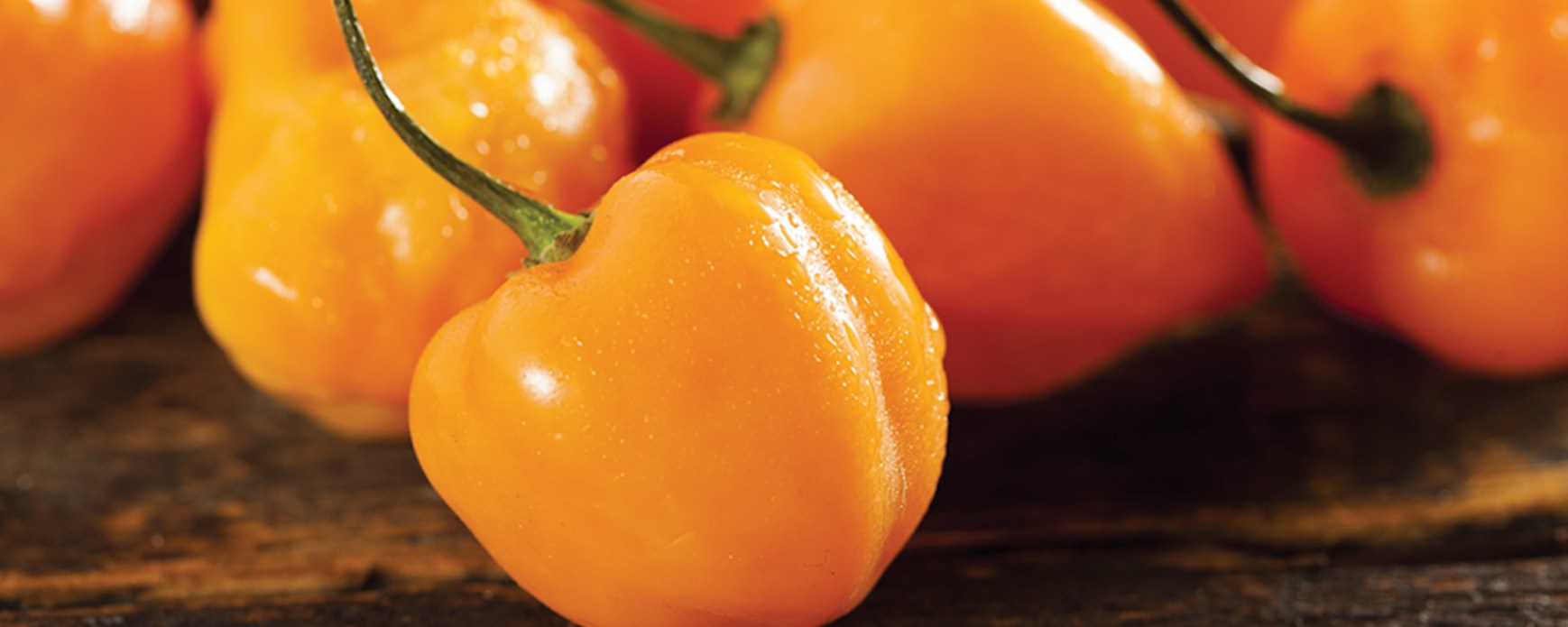

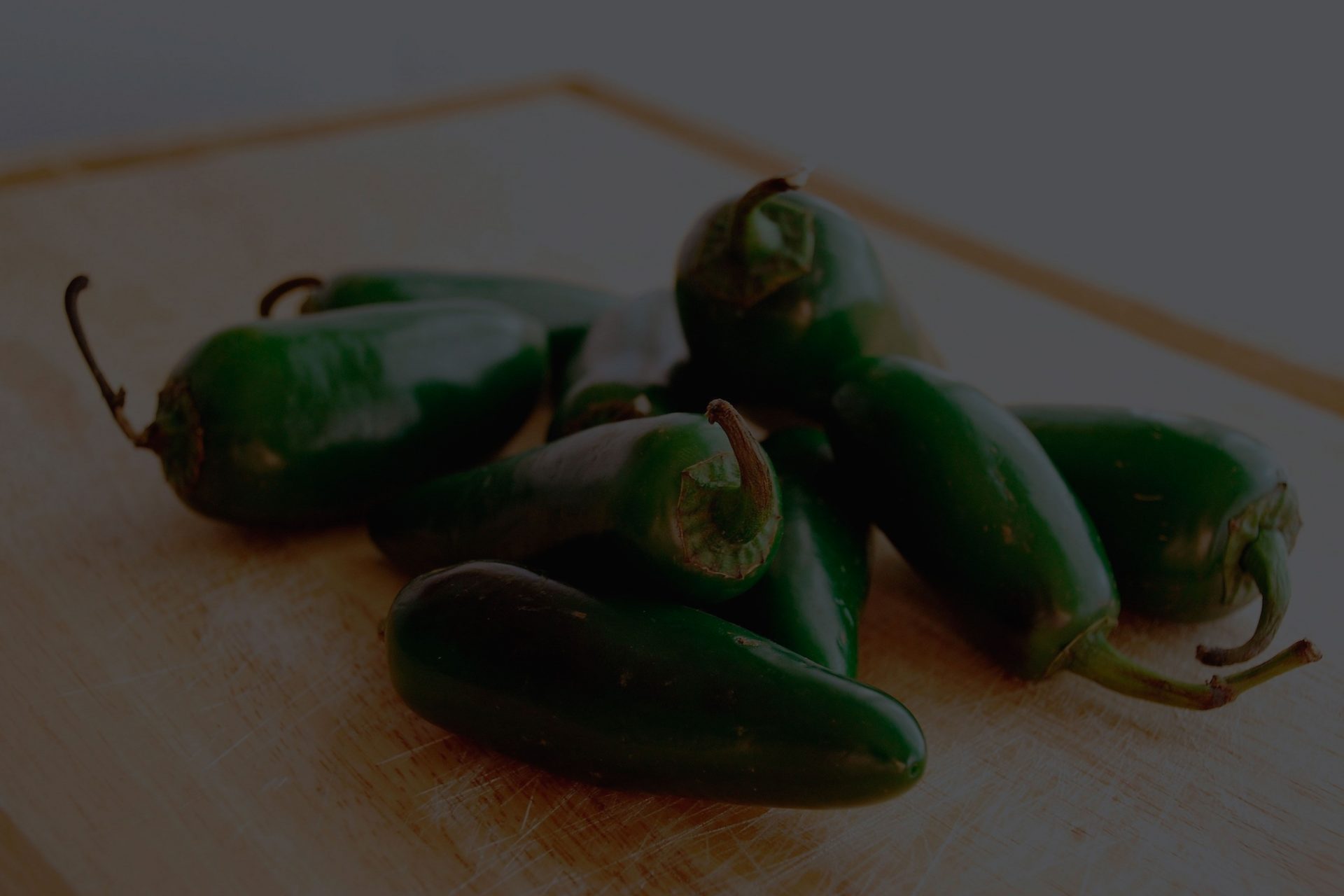
Recent Comments